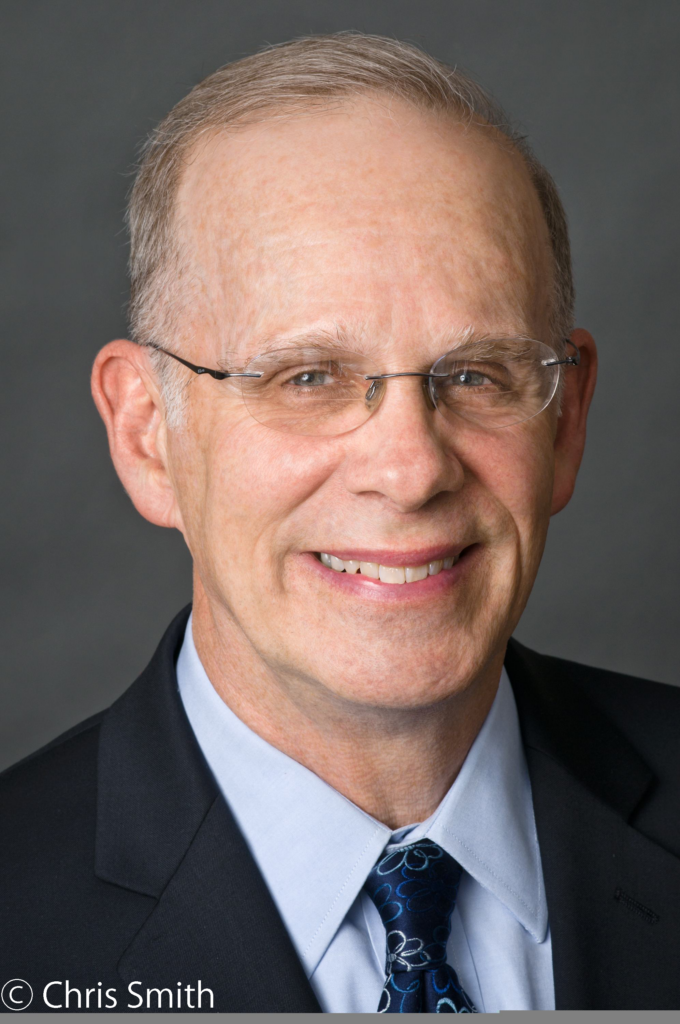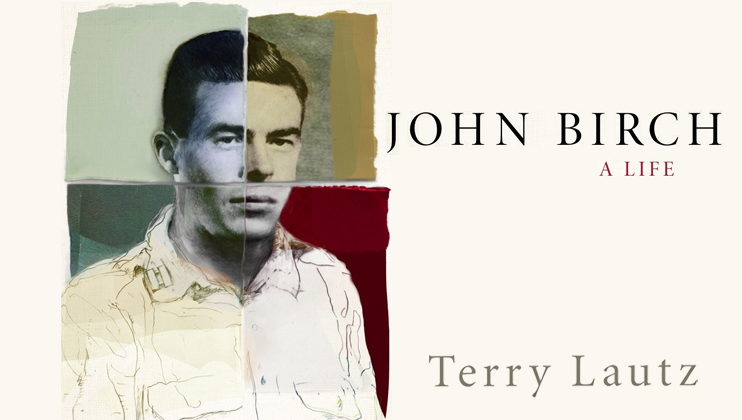Thursday, February 11, 2016 | 5:30 PM EST - 7:00 PM EST
National Committee on U.S.-China Relations |, New York, NY
Born to American missionaries in northern India in 1918, John Morrison Birch went to China in 1940 as an Independent Baptist missionary. Following Japan’s attack on Pearl Harbor, Birch volunteered for the U.S. Army to fight the Japanese in China. After an unexpected encounter with Jimmy Doolittle and the American pilots who bailed out in Zhejiang Province following their raid on Japan in spring 1942, Birch was recruited by Claire Chennault, leader of the Flying Tigers and the U.S. 14th Air Force, as a field intelligence officer.
Despite his colorful background as a missionary-turned-soldier, John Birch is better known today for what happened after he died. Shot and killed by Chinese Communist forces in the days immediately following Japan’s surrender, he was dubbed “the first casualty of World War III.” In the acrimonious debate over the “loss” of China, U.S. Senator William Knowland claimed that Birch was a martyr whose murder revealed the true intentions of the Communists. Thirteen years after Birch’s death, a retired businessman from Boston named Robert Welch chose him as the figurehead of an anti-communist advocacy group, the John Birch Society.
In John Birch: A Life (Oxford, 2016), Terry Lautz, a longtime scholar of U.S.-China relations and director of the National Committee, unravels the mythology surrounding John Birch after conducting extensive archival research, interviewing Birch’s brothers, analyzing letters he wrote, and traveling to the places in China where he lived and died. In addition, Dr. Lautz explores the perception that John Birch is the personification of the longstanding American ambition to save and defend China. Terry Lautz discussed his book with the National Committee on February 11, 2016, in New York City.

Terry Lautz
Terry Lautz is a Moynihan Research Fellow and interim director of the East Asia Program at the Maxwell School at Syracuse University. He is former vice president of the Henry Luce Foundation, a director of the National Committee on U.S.-China Relations, chair of the board of the Harvard-Yenching Institute, and member of the Council on Foreign Relations.
Dr. Lautz graduated magna cum laude from Harvard College, served with the U.S. Army in Vietnam, and holds MA and PhD degrees from Stanford University, where he was a Whiting Fellow in the Humanities. He has taught and written about Sino-American mutual perceptions and cultural relations, including the history of Christian missionaries in China.
In 2008, he was honored as a life member of the Association for Asian Studies for his contributions to the study of Asia. He was a public policy scholar at the Woodrow Wilson International Center for Scholars in Washington, D.C., in 2010.
